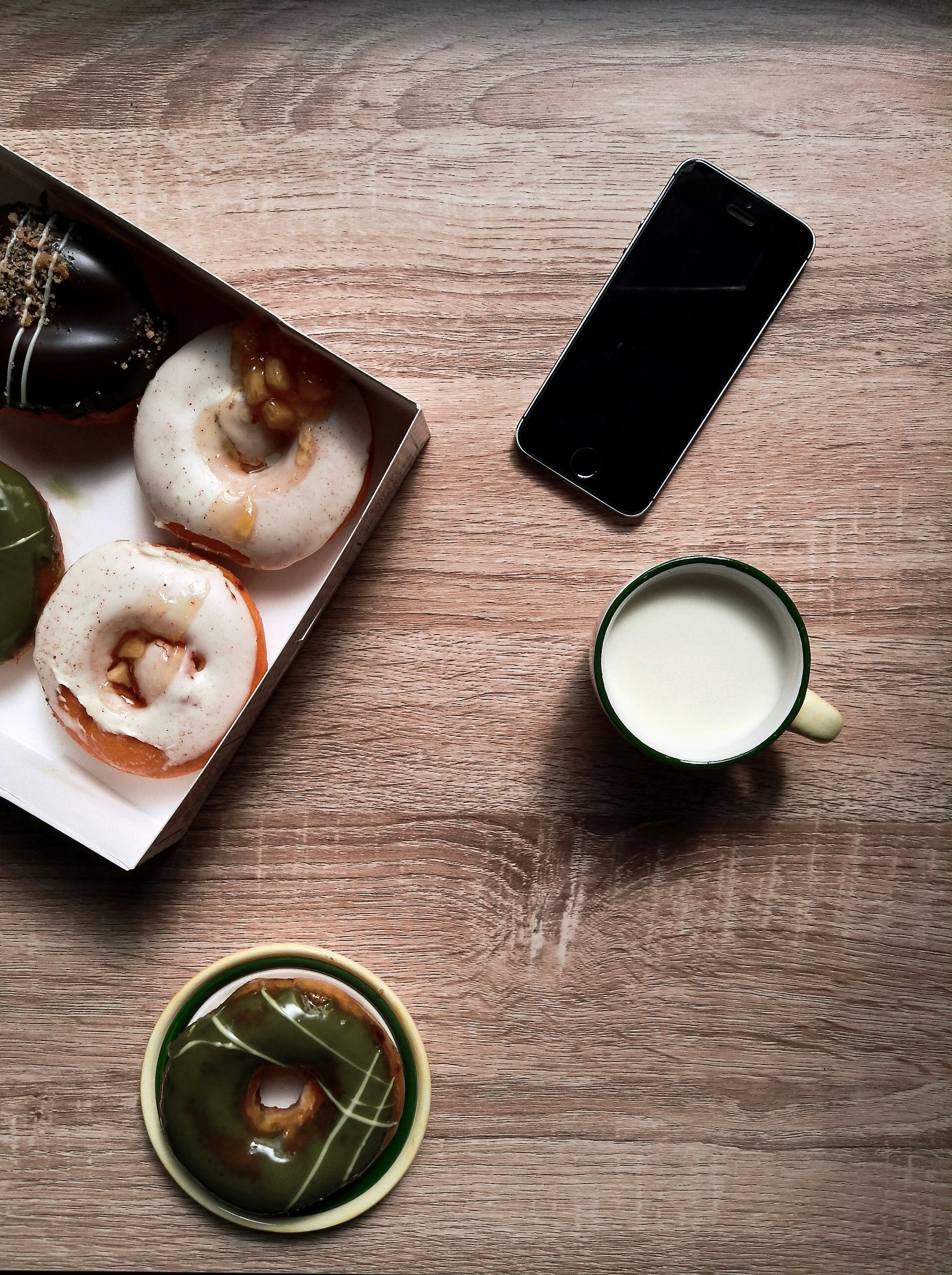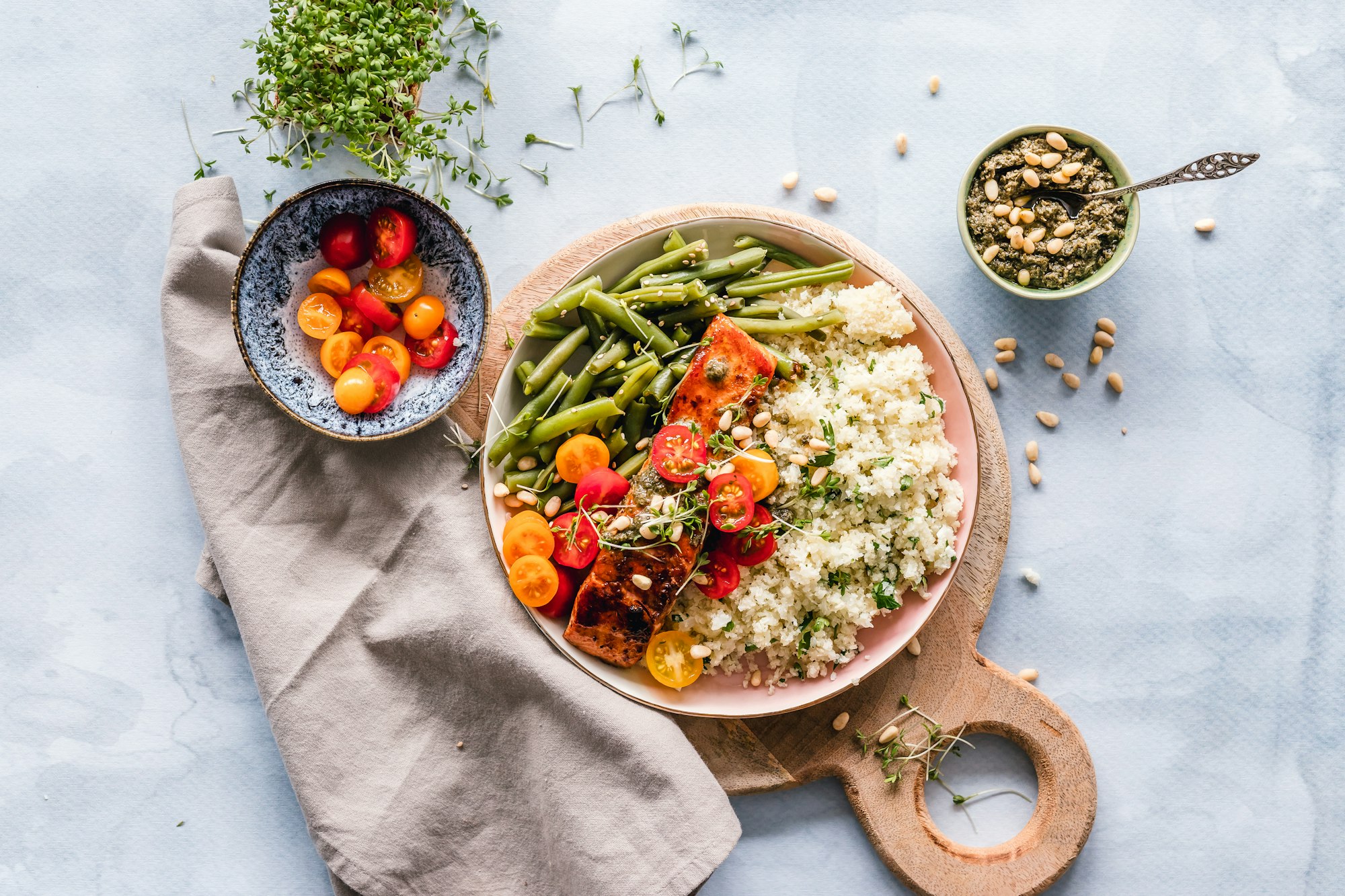
Why one small binge doesn't mean the day went to hell in a handbasket
If you're anything like I used to be around food, when I was fighting an 85-lb weight battle, my entire day was down the drain if I succumbed to a treat. If I dared to bite into a single doughnut, or bit into a cookie, a part of my mind decided that well, that does it. Might as well binge the entire day.
Invariably, that would lead to my consuming thousands of calories in food that I knew would make me ill later. I loved my sugar (still do, but don't eat it anymore). Whatever foods I'd been limiting, that day I would inhale a great deal of them, with wanton disregard for my mood, my body or how that might feel later. As in, really sick.
In this regard I was using my food both as punishment and treat. Like so many, I had a deeply unhealthy relationship with food, using it to establish my value or to attack myself if I had decided I had misbehaved.
In a recent Outside Online article, author Christine Byrne explains that there really is no such thing as an "empty" calorie.

From Byrne's piece:
In 2011, the U.S. Department of Agriculture launched MyPlate, a user-focused online nutrition guide based on the Dietary Guidelines for Americans. One MyPlate entry described empty calories as calories from solid fats (a.k.a. saturated fats) and added sugars, and advised people to keep these empty calories to a minimum. It gave an oddly specific list of “foods and beverages that provide the most empty calories,” including cakes, cookies, pastries, doughnuts, sodas, energy drinks, sports drinks, fruit drinks, cheese, pizza, ice cream, sausages, hot dogs, bacon, and ribs. The reasoning? These foods contain high amounts of saturated fat and sugar, which “add calories to the food but few or no nutrients,” MyPlate explained. The entry has since been removed, perhaps because many nutrition experts questioned its logic, but the empty-calorie concept is still widely used in nutrition education.
While this line of thinking has been thoroughly debunked, the idea that food can be broken into good and bad calories persists. Because of that, food takes on great power as emotional reward or punishment, which, for people with a less-than-positive relationship with food as I had, means that we are in constant battles with the substances that are there for our sustenance. Not as Byzantine methods of pain and pleasure.
For those of us who gained a bit under quarantine, or even a lot, we may have turned to food out of boredom. Perhaps you picked up the habit of picking high-calorie foods instead of celery and hummus for snacks. Given the strain that many of us have felt and continue to experience under quarantine's demands, the pleasure of food can serve to provide something to look forward to when the day stretches out, the Zoom meetings become unbearable and the kids' screaming or tantrums over school work wear us down.
Rather than feel guilty, though, there are ways to approach this as we make our slow way back into some kind of normal patterns and with any luck, coax our bodies back to some kind of normal size.
In 2011 I healed a forty-year battle with eating disorders. Most of us who have dealt with such issues, at least those of us who have researched them and made them a study even as they ravage our bodies, minds and lives will tell you that disordered eating has very little to do with food or sustenance. Rather it has far more to do with trying to distract ourselves from emotional pain. Food has its own rewards, in one sense at least, in that it tastes good, often has positive connections through family experiences, and can be both satiating and satisfying.

My sports jock chiropractor loves ice cream. He can easily pound down a pint of Ben and Jerry's at night, and confesses to doing precisely that if he has trouble sleeping. But Kevin also has a furnace to feed; his metabolism is swift, and as a classic mesomorph, he has trouble retaining weight. However most of his food choices are solidly good for his athletic habits. The ice cream is a treat, and he doesn't use it as escape or punishment. That's the difference between eating for fuel and using food as a source of pain.
He said that rather than get terribly upset and angry if you and I succumb to a morning treat as the result of driving too close to the town's best bakery one morning, perhaps it's time to reframe that. It's important to understand that all food has caloric value. While we might get more value out of a big salad in the fiber department, we're not going to have a wholesale heart attack over one doughnut.
Well, most of us won't anyway. The point is that putting a single treat into the category of all or nothing, I'm BAD, and therefore need to be punished which means MORE BAD FOOD, it's time to have a talk with those assumptions.
As Byrne writes in her article:
High-sugar foods might lack vitamins and minerals, but they’re great for quick energy. Saturated fat can be harmful if you eat too much (the Dietary Guidelines for Americans recommends limiting saturated fat to less than 10 percent of your total caloric intake, or about 22 grams per day for someone who eats around 2,000 calories), but it isn’t something you need to avoid completely.

The point is that all food has nutritional value. That nutritional value is not all or nothing, all bad or all good. As with all of life, it depends. You could easily allow yourself a treat before a big hike or a bike ride without believing yourself a diet slouch. Kevin downs a huge chocolate milkshake before he takes his boys out, but his body type allows him a bit more leeway to do so.
For years, after I lost a bunch of weight (that 85 lbs I haven't seen for 34 years), I kept a small "stash cabinet" in my kitchen. There, I had a few precious items I dearly loved. Mostly chocolate, for it kept well. This past year I had to give that up because chocolate is bad news for oxalate kidney stones, so that went the way of the dodo bird. I've had to find different kinds of special foods which hit me just right. Mostly that's fruit, but even there I've had to change or scale back favorites. My most beloved pineapple is now a no-no, as are strawberries. But options abound, and I have developed quite a fondness for blackberries and grapes.
Coming to a comfortable understanding of and relationship with food as fuel rather than as a way to distract ourselves from boredom or pain can take a long time, especially in a culture where the vast landscape of the supermarket is crammed full of food options that have more than their fair share of sugar or sat or unhealthy fats. Kevin points out that it's not about a food's being evil. It's more so that we recognize that once in a while isn't the same as all the time, to the point where the only calories we consume have limited benefit to our muscles and organs and brains.
Food that tastes good may or may not be nutritionally dense. That doesn't make us dense to want to consume it. More so, it's that we don't flail ourselves for the occasional treat. If I've learned anything, being far too strict with my eating habits is more likely to make me want to binge on something that may not agree with me later.
This way, the path back doesn't have to be full of food potholes. That's good news all around.

Comments powered by Talkyard.